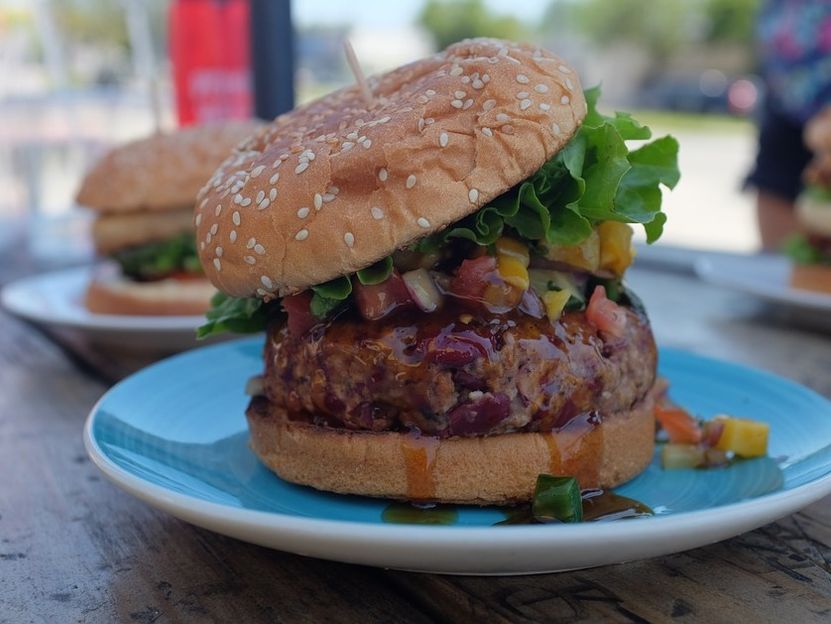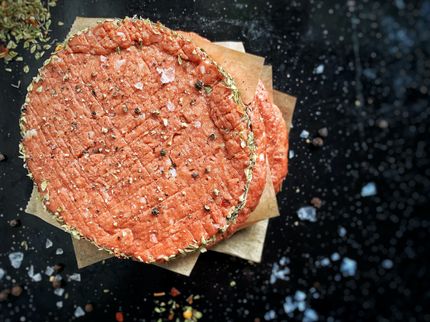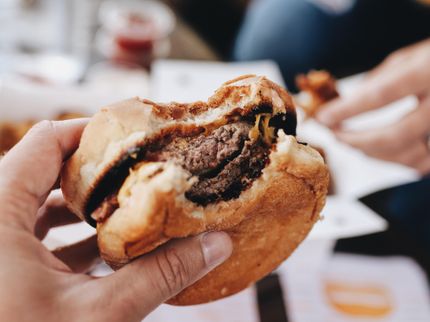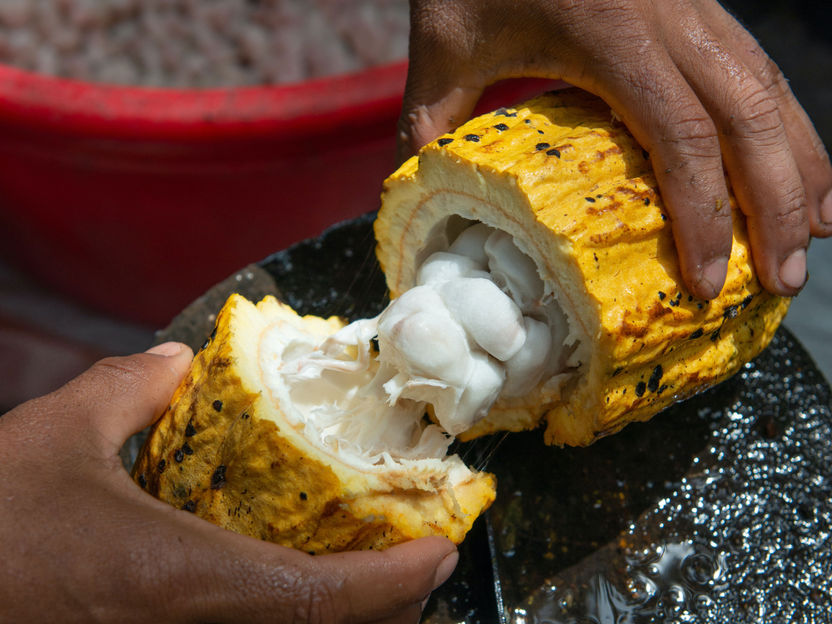Growth meat substitutes offers opportunities for producers
The demand for meat alternatives is growing rapidly. Manufacturers need plant-based raw materials. That increased demand provides opportunities for producers of protein crops, says Frank Giezen who is the CEO of meat substitute producer Ojah.

symbol image
FreeToUseSounds/ Pixabay
Whether you find meat substitutes useless or meaningful, fact remains that the demand for these products has increased in recent years. The market is still in development. An average Dutch household spends about 13 euros to meat substitutes and 224 euros to processed meat. But analysts at ABN Amro predict a growth of 10 percent in 2020.
Ojah, manufacturer for various high end brands, expects an increase of 50 percent of their own production this year. Giezen for sure knows that the increasing demand creates opportunities for growers in the Netherlands. ‘100 percent’.
Western Europe
Ojah manufactures products based on peas and soybeans. These raw materials are as much as possible purchased in Western Europe, the CEO explains. The company wants to stay away from discussions about felling of rainforest for production of soy in South America or cultivation of genetic modified soy in the United States. ‘To avoid discussion, we only work with products from the European Union’.
Giezen thinks that the origin is a major selling point. Therefore he sees opportunities for Dutch growers. ‘People who buy these products are conscious of its origin. The entire chain is important. The moment we start using locally sourced ingredients, is a big plus. I think that local production is a good thing and it creates interest in the market’.
That the increasing demand for meat substitutes on short term leads to a shortage of raw materials, is premature according the general manager of Ojah. ‘We have close relationships with growers. I am not worried we don’t get it settled. The shortage will mainly occur in the processing of raw materials to the material we use. They need to expand their capacity’.
Mushrooms
Another party that sees opportunities, are mushroom growers. Some growers are making progress with meat substitutes on a mushroom base. Tom van Wijk of LTO department of Mushroom Cultivation wants to make things work. ‘There is a certain food trend going on. As a department we should anticipate on this’.
Van Wijk thinks the take-over of the Vegetarian Butcher by Unilever and the set up of a factory for meat substitutes by Vion are important signals. ‘The big food businesses have the key. I would prefer to call the boss of Unilever rather today than tomorrow. The question is: how to get a small sector like this on that large playfield.
Vion
That Vion works on a production facility for meat substitutes, is for the chairman of LTO department of Mushroom Cultivation reason to bring the mushroom sector under attention. There will undoubtedly be other products that can be used for that but it’s a shame if we do not put the mushroom sector in the spotlights.
The mushroom sector has much to offer to producers of meat substitutes, van Wijk says. ‘Mushrooms are healthy’. The sector is sustainable, works with a circular agriculture and pesticide use is nil. It fits in with the current trend’.
Ingredients
Vion is planning to buy ingredients for new plant products as much as possible regional. Besides soy the company also thinks about potatoes, beets and legumes like peas. Therefore Vion will establish new chains with farmers. Van Wijk hopes that mushrooms could play a role in that. ‘A boost for the sector is welcome’.
Other news from the department business & finance
Most read news
More news from our other portals
Something is happening in the food & beverage industry ...
This is what true pioneering spirit looks like: Plenty of innovative start-ups are bringing fresh ideas, lifeblood and entrepreneurial spirit to change tomorrow's world for the better. Immerse yourself in the world of these young companies and take the opportunity to get in touch with the founders.




































































